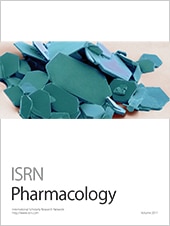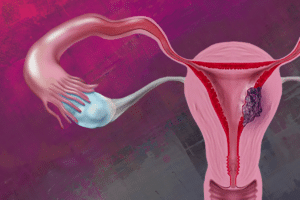 An interesting review in ISRN Pharmacology, a peer-reviewed, open access journal, describes that for the last 60 years, antipsychotic pharmacology targeting antagonism of dopamine (DA) D2 receptors have been the primary treatment choice for schizophrenia. The clinical improvement seen by both first and second generation antipsychotics has led to the dopamine hypothesis which theorizes that excess dopaminergic neurotransmission precipitates psychotic states.
An interesting review in ISRN Pharmacology, a peer-reviewed, open access journal, describes that for the last 60 years, antipsychotic pharmacology targeting antagonism of dopamine (DA) D2 receptors have been the primary treatment choice for schizophrenia. The clinical improvement seen by both first and second generation antipsychotics has led to the dopamine hypothesis which theorizes that excess dopaminergic neurotransmission precipitates psychotic states.
Research has identified other neurotransmitter systems in addition to dopamine in the pathology of schizophrenia. Most prominently, work on the role of glutamate — the primary excitatory neurotransmitter in the central nervous system — forms the basis of efforts into developing the first nondopaminergic compounds since the development of chlorpromazine in the 1950’s for the pharmacotherapeutic treatment of schizophrenia
The first-generation antipsychotics (FGAs) were characterized by their principal blockade of D2 receptors, and the second-generation “atypical” compounds comprise a more heterogeneous pharmacological profile which involve actions on multiple neurotransmitter systems. Athough better tolerability was anticipated with these newer agents (particularly in regards to extrapyramidal side effects associated with FGAs), metabolic complications such as weight gain, impaired glucose tolerance, and dyslipidaemia are commonly occurring side effects. In addition, it is estimated that one third of patients do not respond adequately to antipsychotic medication, except for clozapine showing better efficacy than FGAs in treatment-resistant schizophrenia.
Positive symptoms are in general, reasonably well controlled by antipsychotic treatment, however negative and cognitive symptom clusters commonly fail to respond in a large proportion of patients, though their severity is associated with longer-term clinical outcomes [30–32].These factors underline the urgent need for novel compounds with improved tolerability and efficacy, particularly for negative and cognitive symptoms.
Recent research has resulted in a better understanding of the neuropathology of schizophrenia and has highlighted the involvement of alternative neurotransmitter systems and, in particular, the potential of the glutamate synapse for providing new pharmacological targets. Abnormal glutamate neurotransmission has been linked to the prodromal phase of schizophrenia and early psychotic episodes and with the frequently treatment refractory processes of negative and cognitive symptoms. As a result, compounds that are aimed at restoring glutamatergic dysregulation could provide relief for symptoms not optimally treated by current antipsychotic drugs and intervene in a potentially critical disease stage and provide downstream effects on dopaminergic neurotransmission.







